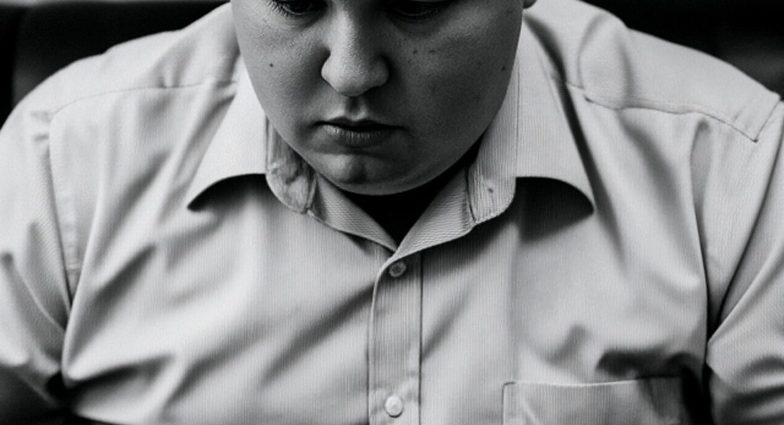By Staff Correspondent, Domestic & Moral Hygiene Bureau
 Breakfast is not merely a meal. It is an act of national character. The way a citizen greets the morning says much about their sense of duty, their digestion, and their likelihood of behaving decently before noon. The hurried, the careless, and the perpetually late have conspired to make breakfast optional; civilisation requires its restoration to ceremony.
Breakfast is not merely a meal. It is an act of national character. The way a citizen greets the morning says much about their sense of duty, their digestion, and their likelihood of behaving decently before noon. The hurried, the careless, and the perpetually late have conspired to make breakfast optional; civilisation requires its restoration to ceremony.
In the better households of Eyehasseen, breakfast begins with acknowledgment—of the day, of one’s companions, and of the good fortune of being vertical. No business should be discussed before the second cup of tea, and certainly no grievances. The breakfast table is a sanctuary, not a battlefield.
The Proper Components
A good breakfast begins with warmth. Tea or coffee may be accepted, though the former encourages civility while the latter breeds argument. Cocoa, that admirable compromise, remains the choice of those who enjoy virtue without boasting of it.
Bread, of course, is the foundation—ideally toasted, buttered, and consumed without philosophy. A thin scraping of jam may be allowed, but marmalade demonstrates character. Eggs, when available, should be soft-boiled or poached; anything resembling a scramble suggests the moral confusion of the continent.
Porridge remains the backbone of national health, though it has been slandered by those who prefer glamour to longevity. Properly prepared—with patience, salt, and humility—it fortifies both body and resolve. Dr. Pelham of the Royal Institute for Temperate Eating once wrote that “a man who begins his day with hot oats rarely begins a war.” One suspects he was only partly joking.
Meats may appear in moderation: a rasher of bacon for courage, a sausage for enterprise, but never both. The digestive system is loyal, but not forgiving. Fruits are welcome provided they resemble something that once grew on a tree; sliced oranges, stewed apples, or a modest handful of berries are acceptable gestures toward nature.
Above all, a good breakfast requires time. Ten minutes spent eating hurriedly is less healthful than five spent breathing calmly. To chew is to meditate; to gulp is to repent later. Those who rush breakfast in the name of productivity invariably lose both.
The Atmosphere of Decency
Breakfast should take place in daylight, or what passes for it in Inverness. Curtains must be opened, even if only to let the sun know you are trying. Newspapers may be permitted, but only after conversation has begun; otherwise the family becomes a row of journalists pretending to dine.
Music is optional, though the wireless should never be tuned to martial marches or political commentary. Soft chamber music, or the morning news read by someone with vowels one can trust, will suffice.
The table itself deserves dignity. A clean cloth, a modest vase of something alive, and the absence of yesterday’s correspondence all signal that one intends to greet the day in a state of order. Nothing unsettles digestion like a letter demanding payment.
The Psychology of Morning
It is fashionable among reformers to recommend fasting, but that is merely starvation under supervision. The human spirit, like the human stomach, performs best when kindly attended. A well-fed citizen thinks generously of his neighbours; a hungry one plots municipal reform.
Breakfast, then, is both nourishment and negotiation—between body and mind, appetite and restraint, enthusiasm and experience. To rise hungry is natural; to remain so by choice is performative. As the proverb says, “A man who skips breakfast is already skipping sense.”
Public Considerations
In hotels, boarding houses, and public inns, breakfast takes on a civic dimension. Strangers share tables, steam, and gossip in equal measure. It is here that manners are tested most severely. One must butter quietly, pour cautiously, and refrain from editorialising about politics before the bacon has arrived. A well-timed nod across the table may accomplish what entire parliamentary sessions cannot: agreement before appetite.
After the Meal
When the last cup is drained and the dishes cleared, it is wise to pause before rushing off. A few minutes of contemplation—by the window, or over the crumbs of toast—help align the moral and the metabolic. Many of the day’s tragedies, personal and national, could have been prevented by the simple decision to linger after breakfast.
As the philosopher-baker Humphrey Cawdor once wrote:
“The first duty of any citizen is to greet his stomach before greeting the world.”
In that spirit, let us defend the morning meal against haste, fashion, and despair. For a Kingdom that breakfasts well will think clearly, walk properly, and face whatever storms the day brings with the calm of one who knows, at least, that they began correctly.
